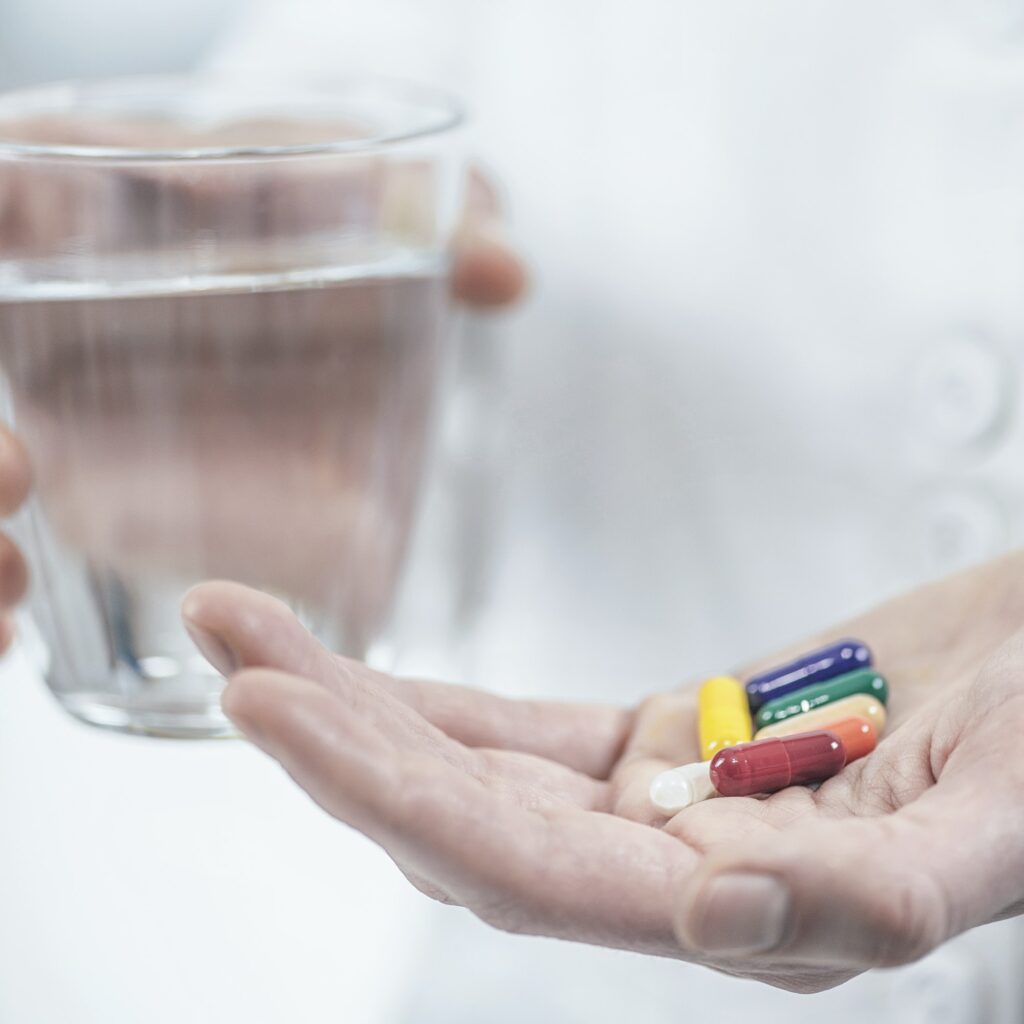Anxiety & Depression
an·xi·e·ty
noun
a feeling of worry, nervousness, or unease about something with an uncertain outcome.

Are you suffering from anxiety or depression?
While science has not determined the exact cause of anxiety or depression, research has pointed towards a likely involvement of the brainstem and upper cervical spine in many mood disorders. In fact, the brainstem (whose lower portion is located in the uppermost part of the spine) is involved in the regulation and control of brain chemistry as well many other vital functions.
Even a mild concussion to the head, neck or upper back can increase the risk of anxiety or depression. Studies show that depression is a common diagnosis in patients with whiplash, an injury that can directly affect the upper neck and lower brainstem. Following the trauma, mood disorders can be triggered immediately, or they can take months or even years to develop. Exciting new studies show “significant improvement” in anxiety and depression test scores after specific upper cervical corrections. This noninvasive and safe alternative should be the beginning point for all who believe that they are suffering from anxiety or depression.
Millions of stressed-out Americans swallow pills daily in hopes that they will work some kind of magic and make their life a little easier, a little less stressed.
They think that maybe this pill, that white powder, or these capsules will make them feel better once they dissolve in their stomach, enter the blood stream, travel to the brain that it will do something, do anything to relieve their present state of disease.
What is Depression?
A true diagnosis of major depression involves some combination of most of the following: inability to feel pleasure of any kind, loss of interest in everything, self-hatred or guilt, inability to concentrate or to do the simplest things, sleeping all the time or not being able to sleep at all, dramatic weight gain or loss, and suicidal thoughts or actions. Truly depressed people do not smile or laugh; they may not talk; they are not fun to be with; they do not wish to be visited. They may not eat and sometimes have to be fed with feeding tubes to keep them alive, and they exude a palpable sense of pain. Depression is a thing unto itself, an undeniably physical and medical affliction.
The Pharmaceutical Trap
Can anyone miss the heavy advertising on television of the various antidepressants and anti-anxiety medications? As you watch these commercials, note the careful language they use in suggesting that anxiety and depression “may” be caused by a chemical imbalance in the brain. Then they go on to tell you how the medication “can correct” this biochemical imbalance.
Antidepressant and anti-anxiety medication pharmaceuticals are multi-billion-dollar industries, and what many Americans don’t know is that there has never been definitive research that proves that either anxiety or depression is caused by a chemical imbalance in the brain. The problem with the theory that anxiety or depression is a consequence of a “chemical imbalance in the brain” is that anxiety and depression can be both triggered by and resolved by life events. In fact, the relationship between brain chemistry and life experience is a two-directional phenomenon: Life experience affects brain chemistry at least as much as brain chemistry affects life experience.

